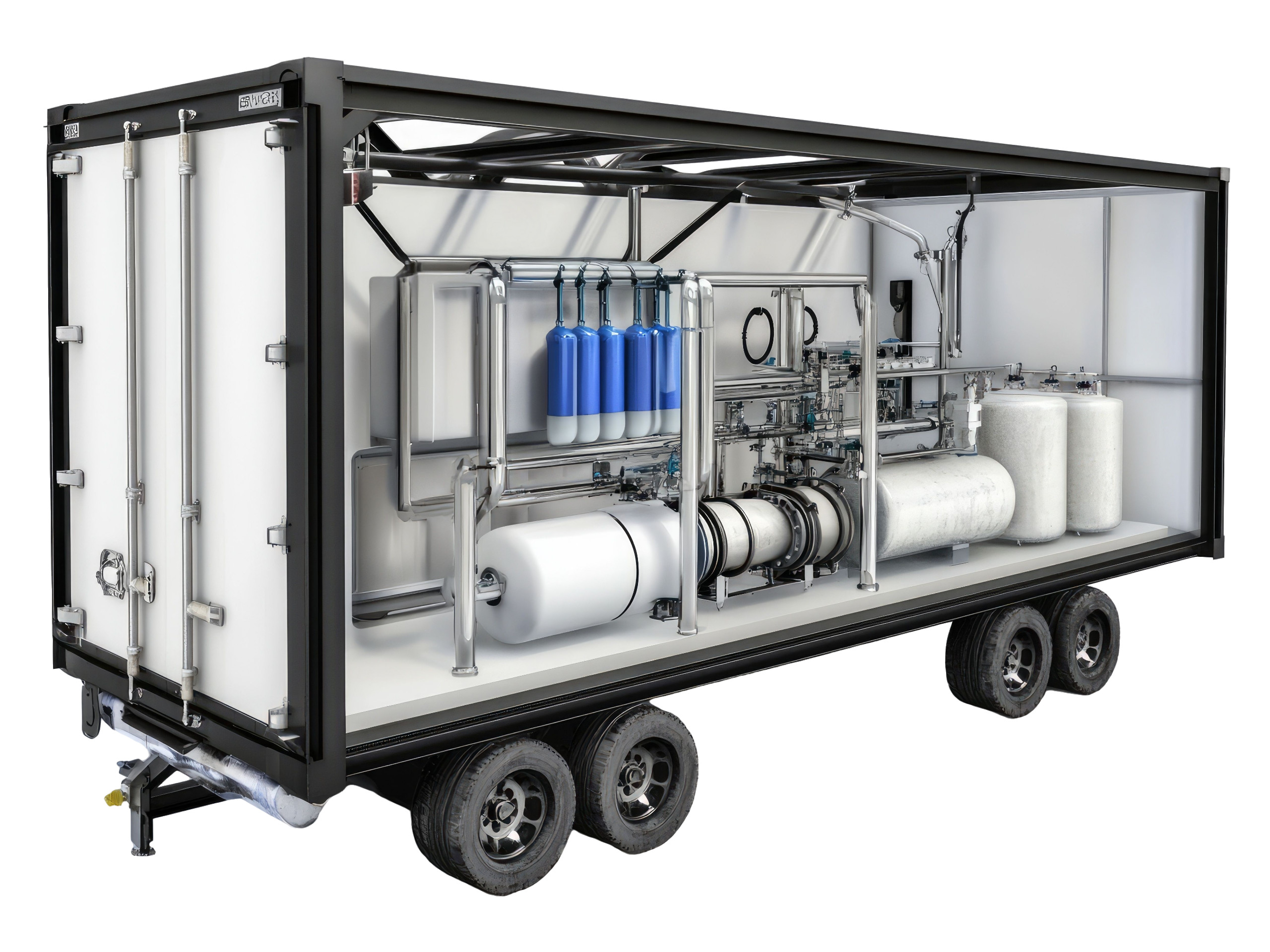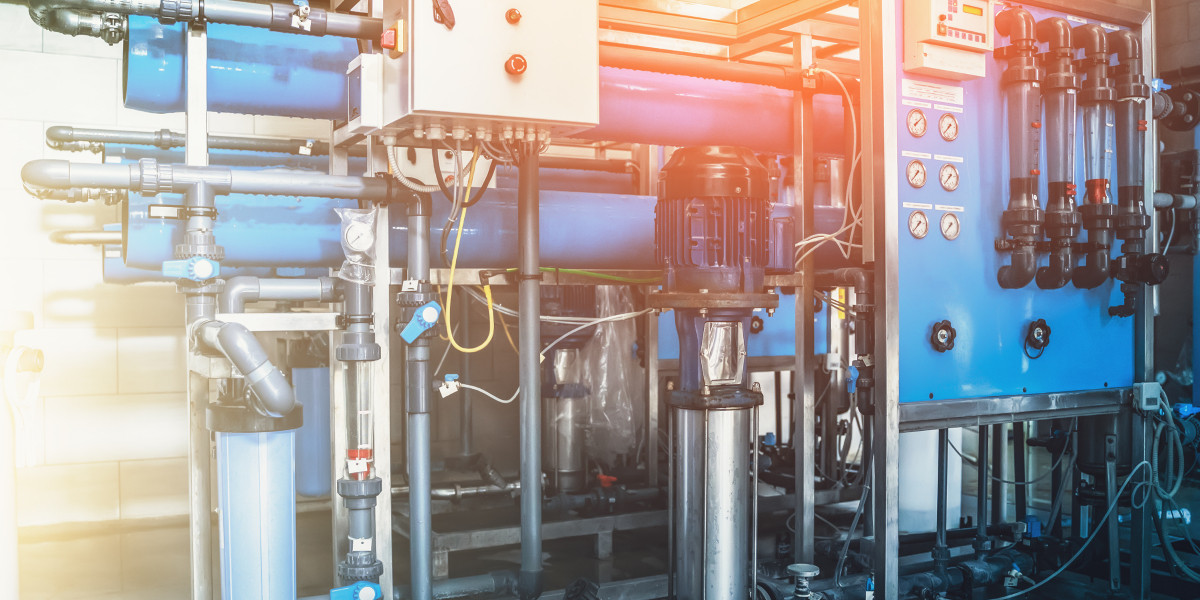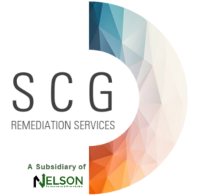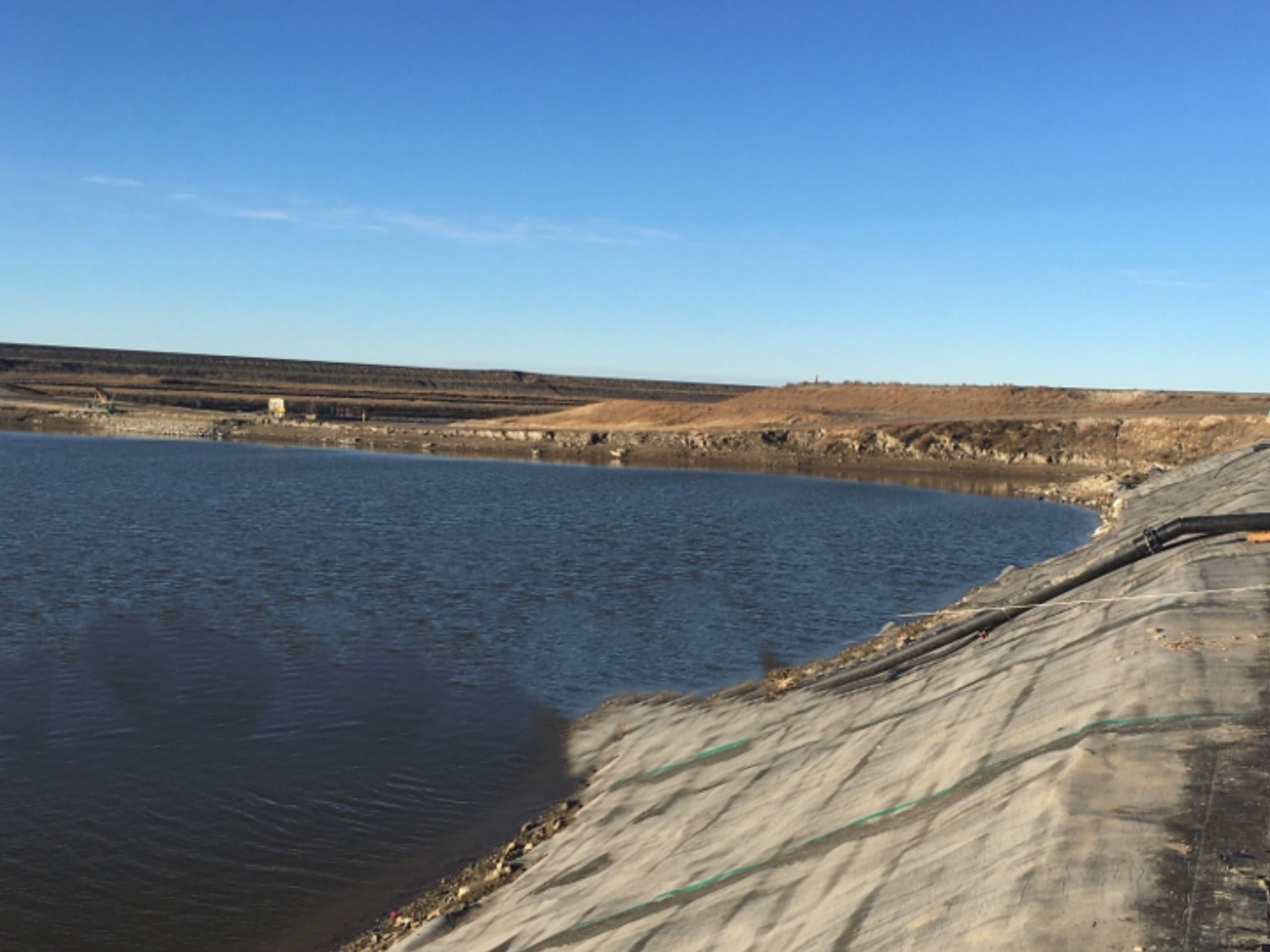Industrial Water Treatment & Bioremediation
Managing contaminated water on an industrial or construction site involves more than keeping an excavation dry. It means removing sediment, treating dissolved contaminants, and meeting strict discharge permits – often on a tight schedule. SCG Remediation Services designs, builds, and operates treatment systems that let you stay productive while protecting groundwater and surface‑water quality.
Typical targets for an SCG treatment range from basic sediment and fuel hydrocarbons (gasoline, diesel, jet‑A) to more persistent pollutants. We routinely design systems to capture BTEX and other volatile organics, chlorinated solvents or industrial degreasers like tetrachloroethylene (PCE), and trichloroethane (TCA), dissolved metals – including zinc and iron – and semi‑volatile compounds like phenols, phthalates, and PAHs. If a laboratory report flags an additional contaminant of concern, the media mix and residence time are adjusted so that the final effluent still meets permit limits.
Sediment Management – Primary Treatment
Any pumping operation brings up silt. If that sediment reaches polishing units, filters foul early and operating costs rise.
SCG starts every system with a dedicated sediment‑management step – clarifiers, settling tanks, or high‑flow bag filters sized to your flow rate. Lowering Total Suspended Solids (TSS) here keeps the rest of the process running smoothly.
Water treatment is an important component of contaminated site remediation. Once sediment levels are under control, we begin our secondary treatments, designed to target high-concentration contaminants at their source.
Managing Elevated Contaminant Concentrations – Secondary Treatment
Once the water is clear, we target site‑specific pollutants:
- Volatile compounds (e.g., BTEX, VOCs) removed with air strippers
- Petroleum fractions and dissolved metals captured on granular activated carbon or specialty media
- Stringent discharge limits met with reverse osmosis or advanced oxidation where required
Because every site is different, media selection and contact time are based on data – not a one‑size‑fits‑all package.

Above-Ground Water Treatment
At SCG, we specialize in above-ground water treatment systems designed for environmental remediation projects. Our systems are engineered to handle contaminated water, often found in construction projects, mining sites, industrial sites, and environmental cleanups, ensuring that water meets local discharge criteria. Whether managing elevated levels of contaminants or treating groundwater, we focus on providing customized solutions that address specific site conditions.
From sediment management to advanced filtration techniques, our expertise ensures that harmful pollutants are safely removed, enabling clean water discharge in compliance with regulations. Our above-ground water treatment systems are a key part of our comprehensive approach to groundwater and environmental remediation, supporting clients throughout North America.
Industrial Water Treatment System Design, Manufacture, Operation, and Maintenance.
Some factors that contribute to water treatment & dewatering requirements include:
Dewatering for Industrial Sites
Efficient dewatering keeps construction schedules on track and protects surrounding ecosystems from contaminated runoff. SCG designs and operates high‑capacity dewatering systems that:
- Lower groundwater levels to create a workable excavation zone.
- Capture and route pumped water through primary sediment management to reduce Total Suspended Solids (TSS).
- Integrate seamlessly with secondary treatment – air stripping, adsorption media, and other treatment options – when dissolved contaminants such as hydrocarbons or metals are present.
Every SCG dewatering setup is calibrated to site‑specific flow rates, expected contaminant loads, and local discharge criteria, ensuring compliance from day one.
Pump‑and‑Treat Groundwater Systems
When contamination reaches groundwater, a well‑planned pump‑and‑treat setup can move a site toward compliance quickly. SCG ties into existing extraction wells – or draws directly from excavations – and routes the water through a compact, above‑ground treatment unit that scales easily as site conditions evolve.
How it works
- Groundwater Extraction – Submersible pumps draw water from designated recovery wells or open excavations.
- Phase Separation & Primary Filtration – Oil‑water separators and multimedia filters remove free product and sediment.
- Contaminant‑Specific Treatment – Systems are designed to target VOCs, BTEX, PAHs, and dissolved metals so that discharge limits are met.
- Flexible Discharge – Treated water can be routed to sewer, surface water, or reinjected.
Selecting the Right System
Short‑term excavations often benefit from a rental skid that combines sediment filtration and basic polishing.
Long‑term plume containment may call for a permanent pump‑and‑treat loop with automated monitoring.
Facility pre‑treatment systems run continuously in basements or mechanical rooms, protecting downstream infrastructure for decades.
SCG reviews flow rates, contaminant profiles, and local bylaws before recommending an option, ensuring the solution fits both the project scope and budget.
Once water has been successfully treated, there are several options for how it is handled:
- discharged to a municipal sewer,
- released to a nearby watercourse, or
- re‑injected on site to maintain hydraulic control
Why Choose SCG for Dewatering & Water Treatment?
- Rapid deployment of containerized systems for emergency or short‑term projects.
- Data‑driven optimization, allowing flow‑rate adjustments and media changes without downtime.
- Rental or purchase options to match project duration and budget.
By integrating robust dewatering practices with responsive pump‑and‑treat technology, SCG delivers turnkey water‑treatment solutions that keep industrial projects moving while protecting groundwater quality – anywhere in North America.


